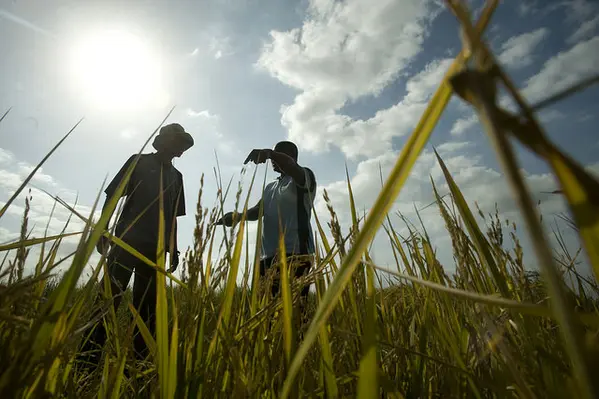The minister of agriculture, Audu Ogbeh, has called on Nigerian youth to participate actively in agriculture in order to build a future for the country
Event News
251 entrances to Innovation Award EuroTier 2016
Cattle genetics and food and biodiversity to be displayed at renamed EuroTier award ceremony
AfDB sets out long-term plans with new financing to revolutionise African agribusiness
“Seize the Moment: Securing Africa’s Rise Through Agricultural Transformation”, will see the AfDB President, Akinwumi Adesina, take part in and speak at several high-level events
Nigerian government launches green alternative
Vice President Yemi Osinbajo recently announced a plan by Nigeria’s federal government to employ 100,000 youths as extension workers to support services to farmers
Nigeria to host AGRIKEXPO 2016
AGRIKEXPO 2016, one of Africa’s largest events for agribusiness development, will be held in Abuja from 26–28 September








